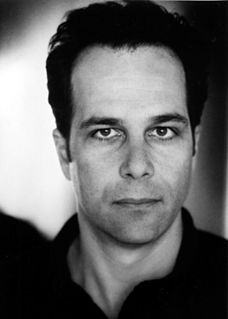Top 12 Quotes & Sayings by Philip Gourevitch
Explore popular quotes and sayings by an American author Philip Gourevitch.
Last updated on April 14, 2025.
In 1933-34, the Belgians conducted a census in order to issue ‘ethnic’ identity cards, which labelled every Rwandan as either Hutu (85%) of Tutsi (14%) or Twa (1%). The identity cards made it virtually impossible for Hutus to become Tutsis, and permitted the Belgians to perfect the administration of an apartheid system rooted in the myth of Tutsi superiority… Whatever Hutu and Tutsi identity may have stood for in the pre-colonial state no longer mattered; the Belgians had made ‘ethnicity’ the defining feature of Rwandan existence.
I'm not pro-war. But I think war has been the dominant condition of humankind, and peace has been the anomaly - certainly sustained periods of peace that profit great masses of people - and I think war has worked, even awful hellish wars: worked to staunch fascist aggression in Europe, worked to preserve the Union after secession in the United States, etc. Not always, maybe not often, but to say never is to reject history in favor of a wishful unreality.
The people are living seperately together," he said. "So there is responsibility. I cry, you cry. You cry, I cry. We all come running, and the one that stays quiet, the one that stays home, must explain. Is he in league with the criminals? Is he a coward? And what would he expect when he cries? This is simple. This is normal. This is community.
The piled-up dead of political violence are a generic staple of our information diet these days, and according to the generic report all massacres are created equal: the dead are innocent, the killers monstrous, the surrounding politics insane or nonexistent...The anonymous dead and their anonymous killers become their own context. The horror becomes absurd.



















